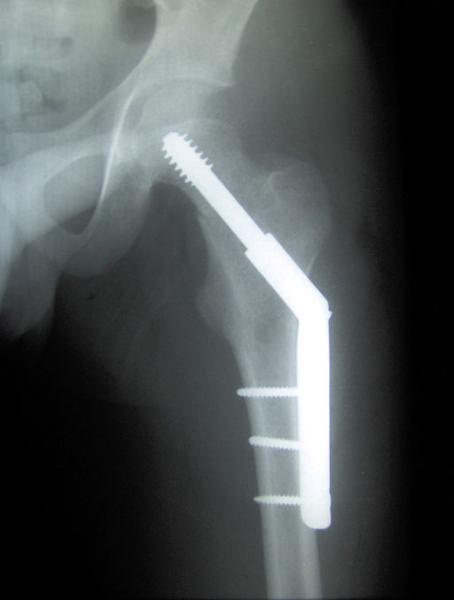This week JAMA sought to puncture one component of the supplement bubble, the promised prophylactic benefit of Calcium and Vitamin D supplements in preventing fractures. According to this meta-analysis, these supplements confer no protection.
The authors performed a literature search and selected 33 trials for their analysis. Two important caveats, the population studied were adults living in the community, not in residential settings and no effort was made to identify patients with osteoporosis – a decrease in bone density due to lower amounts of calcium in bones. The primary outcome was hip fractures because they commonly lead to other health problems, but they did look for fractures at another common site, the vertebral bodies of our spine.
- 14 studies of calcium vs. placebo or no treatment failed to show a reduction in hip or vertebral fractures
- 17 studies of Vitamin D vs. placebo or no treatment failed to show a reduction in hip or vertebral fractures
- 13 studies of Vitamin D and Calcium vs. placebo or no treatment failed to show a reduction in hip or vertebral fractures
- The results were “generally consistent” irrespective of calcium or Vitamin D dose, gender or history of fracture.
The study had some limitations beyond the usual concerns about selection bias and study quality, primarily that adherence to the supplement regimens was not assessed, and there was no pre-treatment evaluation for the presence of osteoporosis. I would phrase these limitations somewhat differently, the meta-analysis considers the value of supplements in the general population concerned about ‘bone health’ or preventing fractures. And for that community, taking Calcium and Vitamin D supplements is a waste of money.
Why do our bones break? In general, for one of two reasons. First, and least likely, pathologic fractures – breaks in the bone due to an underlying focal disease in the bone itself, usually metastatic cancer. Vitamin D and Calcium are not prescribed and do not prevent pathologic fractures. The other, more common cause of bone fractures is trauma, and by that, I mean falling. And falling may be made worse if the bones themselves are weaker, with less calcium, when the patient has osteoporosis. That is why it is essential to understand that the two groups at greatest risk for these fractures, people who fall and people with osteoporosis were not considered. By excluding individuals living in residencies, the authors eliminated the majority of people with ambulatory problems, the ones that fall the most. At the same time, osteoporosis, the decreasing density of the bone, occurs with age and will be greater in this population. The data concerning Calcium and Vitamin D supplements are less clear for these groups.
Supplements remain a big business, after all, they do not require scientific evidence, they do not require FDA approval, they only require a good story. Calcium supplements represent a $6 billion market and Vitamin D sales are expected to top $2.5 billion in 2020. And that doesn’t include the value-added cost of Calcium and Vitamin D added to fortify our food. As the old saying goes, “a billion here, a billion there, soon your talking about real money.” The meta-analysis doesn’t answer all our concerns, but for the majority of people walking around, without osteoporosis, there is no need for additional Vitamin D or Calcium. If you have a deficiency, sit outside in the sun and eat some high calcium food (kale of course, but also oranges, canned salmon) it is far tastier and pleasant than supplements and will work as well.
Source: Association Between Calcium or Vitamin D Supplementation and Fracture Incidence in Community-Dwelling Older Adults A Systematic Review and Meta-analysis JAMA




